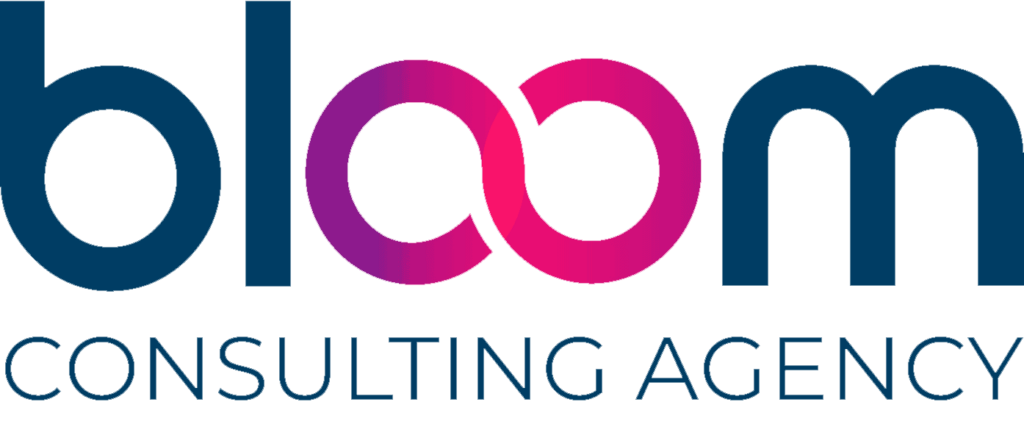Healthcare presents many challenges, including collecting revenue from patients who may not have insurance due to lack of affordability, loss of income, or those who do not understand the complexities of insurance plans. Others find themselves short of funds to pay the high deductibles incurred to make healthcare affordable. Seniors living on fixed incomes, those experiencing debilitating accidents, and cancer patients can incur large medical balances which seem impossible to pay off. When a medical provider has used all options possible within the practice to collect the overdue debt, seeking a medical collection agency is an opportunity to recover a percentage of said debt.
What is a Medical Collection Agency?
A medical collection agency is a company contracted by a healthcare service provider to contact patients to collect unpaid debts. Medical collection agencies specialize in dealing with the sensitive nature of patients who have had difficult times through illness or accident and have debt they cannot pay. These agencies have strict rules designated by each state that they must adhere to and work closely with the practice to be sure the collection of debt is performed fairly and by the law. Medical collection agencies keep an agreed-to percentage of the debt when they collect revenue that might have been lost by the provider.
Benefits of Using a Medical Collection Agency
Collecting medical debt is a time-consuming task. The billing department of a medical practice performs a soft collection process in their normal billing responsibilities by checking for insurance, calling patients to set up payment plans, and sending emails or reminder letters. Their duty is to keep the accounts receivable at an acceptable balance. A medical collection agency takes over when reasonable effort has been made by the billing department.
Common practices of the medical collection agency are to scrub the list of patients sent to the agency by the medical provider. Scrubbing is a term used when the collection agency receives the debtors’ information to be sure the patient’s address and phone number are correct, the patient is not deceased, and there is no bankruptcy in the patient’s records. The medical collection agency has the technology to perform these tasks easily unlike the billing team in the provider’s office.
After scrubbing the list of patients with unpaid debt, the agency begins the well-established process while staying within the federal and state laws depending on the state they reside in. An initial collection letter is sent to the patient to extend the courtesy of letting the patient know their unpaid debt has been sent to collections. This allows the patient to examine the debt to be sure it is correct and dispute it if they feel it is not accurate. Each step of the collection process is regulated by law.
How Does a Medical Practice Monitor an Agency?
When a patient pays the medical collection agency with either the entire balance or partial payment on the balance owed, the agency usually sends a check to the provider on a monthly basis. A number of reports are sent to the provider with statistics on the patients listed, payments made to the agency, and the amount paid to the agency for the agreed percentage. Certain agencies are able to have the payments paid directly to the provider and, in turn, are billed on a monthly balance for the percentage they agreed on.
Depending upon the size of the agency, there can be many options available to the medical provider to monitor revenue. Software systems can be set up so that the provider can check on the accounts at any time. Reports can be extracted at any time needed by the provider. Finding the correct medical collection agency to meet the needs of the practice involves checking on all options available to get the most for the percentage you are paying.
How to Choose the Best Agency
Choosing the best medical collection agency for a medical practice involves collecting information on the needs of the medical practice and comprising a list of expectations the provider has for the agency. It is recommended that a practice asks for references from another provider(s). Other practices to consider when choosing an agency include:
- Hiring a collections consultant such as Bloom Consulting Agency in South Florida
- Gathering a list of the medical practices needs
- Determining the number of patients the practice would send to the agency on a monthly basis
- Determining a protocol to be set up for the transfer of information that is compliant with patient privacy laws
- Negotiating a percentage to pay the medical collection agency
- Asking what the percentage of collections is for provider revenue
Finding a Medical Collection Agency in South Florida
Medical collection agencies are in competition just like all other businesses. Ask questions and keep track of the answers to compare what various agencies are promising the providers. If you are unsure concerning the medical collection agency you would like to hire – a consultant can always be hired to look over the needs of the practice to help find the perfect fit. We have professional consultants that can help with your medical collections needs. Contact us at Bloom to have your questions answered today.








